Planetary Analysis
Unveiling Cosmic Mysteries: A Journey into Planetary Analysis
Welcome to the fascinating world of planetary analysis, where ancient cosmic secrets are unlocked through the lens of modern science. From the enigmatic red planet Mars to the mesmerizing rings of Saturn, each planet in our solar system holds unique clues to the origins and mysteries of the universe.
Exploring the Wonders of Our Solar System
Our solar system is a vast expanse filled with diverse celestial bodies, each with its own story to tell. Let's embark on a journey through the planets that orbit our Sun:
Mercury
Mercury, the closest planet to the Sun, is a rocky world with extreme temperature variations. Despite its proximity to the Sun, water ice has been discovered in the polar regions of this scorching planet.
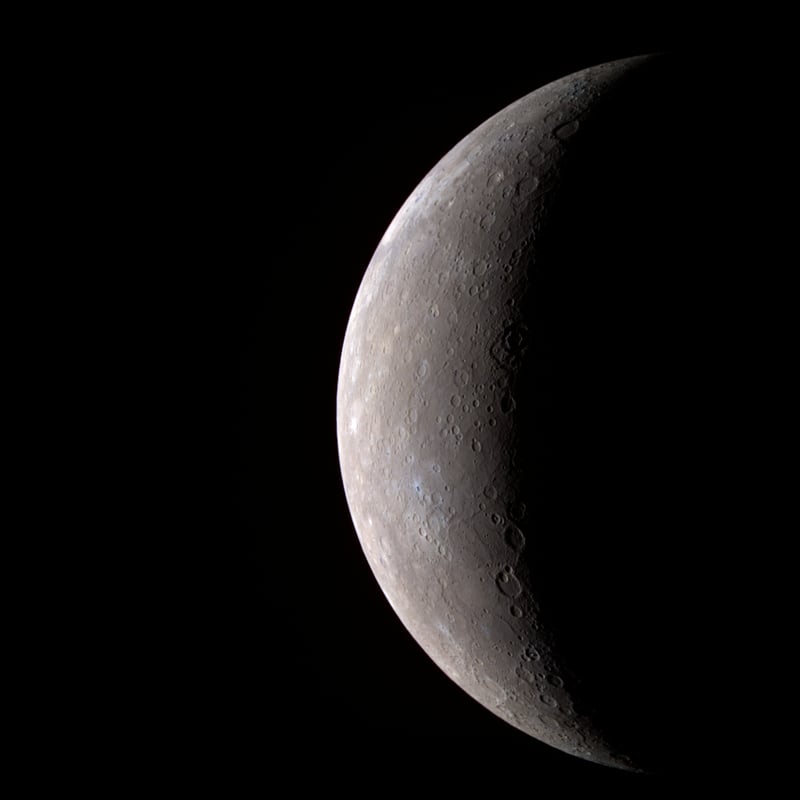
Venus
Venus, shrouded in thick clouds of sulfuric acid, experiences runaway greenhouse effects, making it the hottest planet in our solar system. Studying Venus provides valuable insights into climate change and atmospheric dynamics.
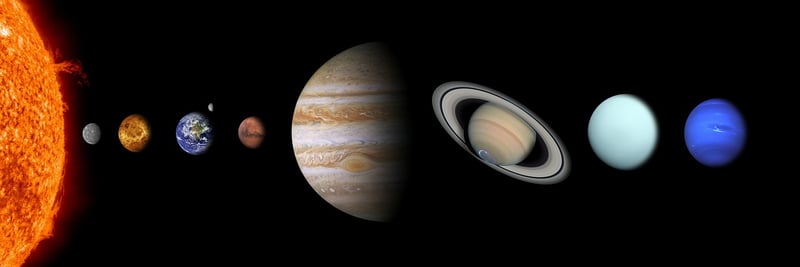
Earth
Our home planet, Earth, is a unique oasis teeming with life. Through planetary analysis, scientists study Earth to understand the delicate balance of ecosystems and the impact of human activities on the environment.

Mars
Mars, often called the "Red Planet," has intrigued scientists with its potential for past life and the presence of water ice. Planetary exploration missions to Mars continue to uncover clues about its geological history and habitability.
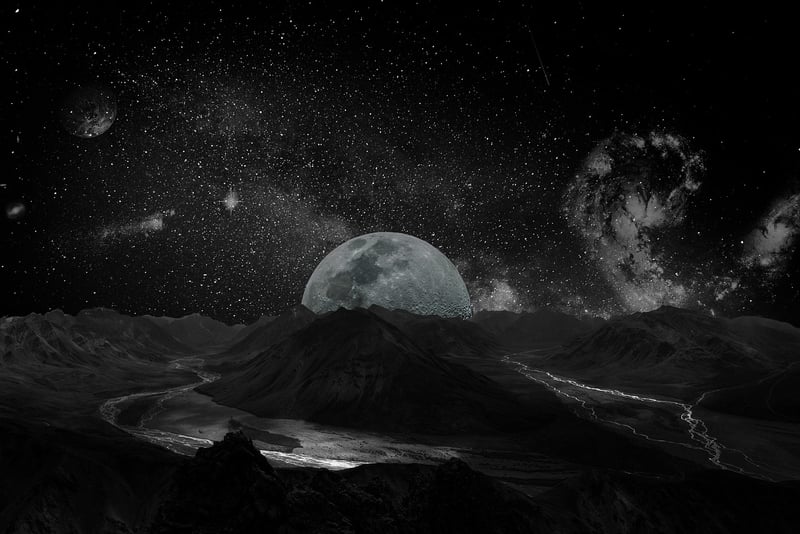
Jupiter
Jupiter, the largest planet in our solar system, is a gas giant with swirling storms and a complex magnetic field. By studying Jupiter, scientists gain insights into planetary formation and the dynamics of gas giants.
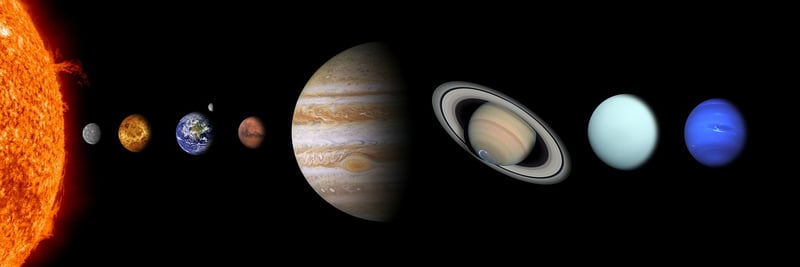
Saturn
Saturn, famous for its stunning ring system, is a jewel of the solar system. Planetary analysis of Saturn's rings provides valuable information about the processes of planetary ring formation and dynamics.

Uranus
Uranus, a planet tipped on its side, exhibits unique axial tilt and icy compositions. By studying Uranus, scientists aim to unravel the mysteries of planetary dynamics and the formation of ice giants.

Neptune
Neptune, the farthest planet in our solar system, is a frigid world with dynamic weather patterns and a blue hue. Planetary analysis of Neptune offers insights into the atmospheres of ice giants and distant planetary systems.
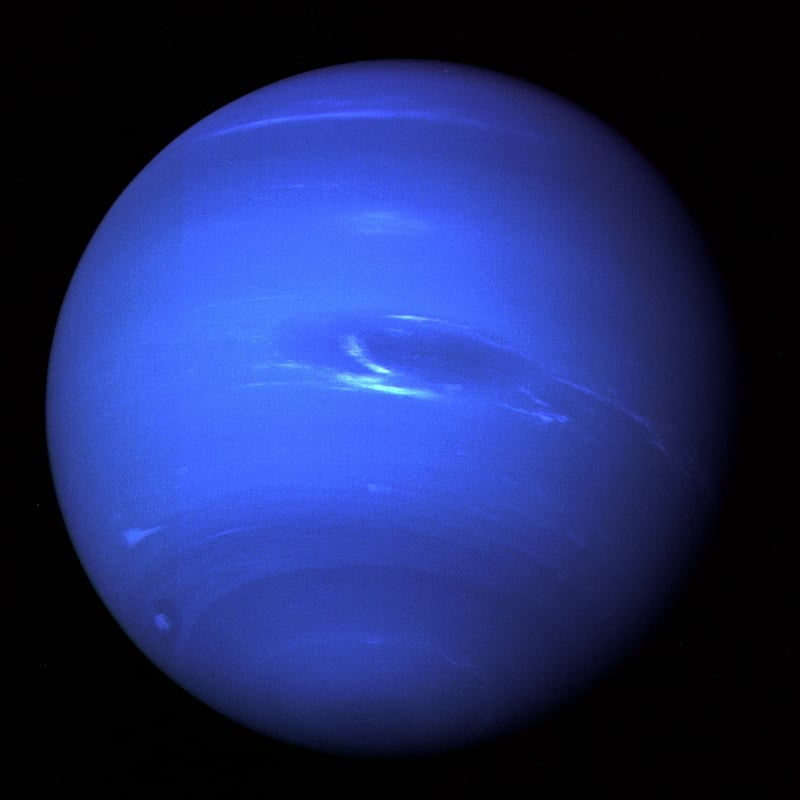
Unraveling the Mysteries of the Universe
Planetary analysis not only sheds light on the secrets of our solar system but also provides valuable knowledge about exoplanets, planetary systems beyond our own, and the formation of galaxies. By studying planetary data and conducting space missions, scientists continue to push the boundaries of our understanding of the cosmos.
Join us on this cosmic journey as we delve deeper into the mysteries of the universe through the lens of planetary analysis.
